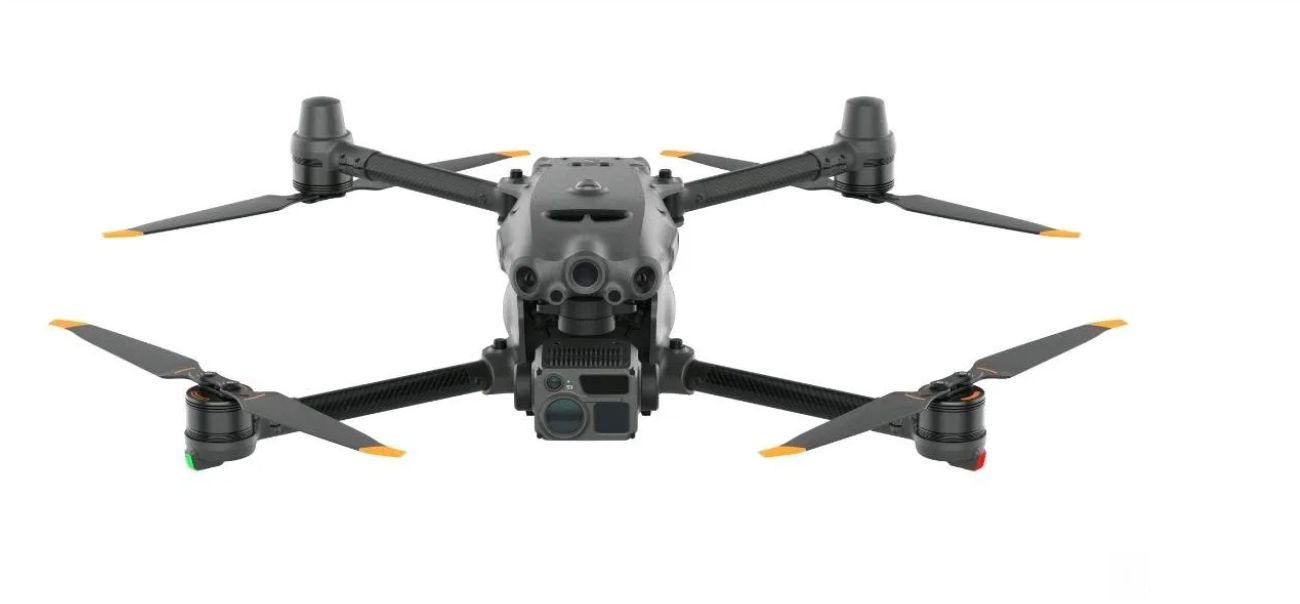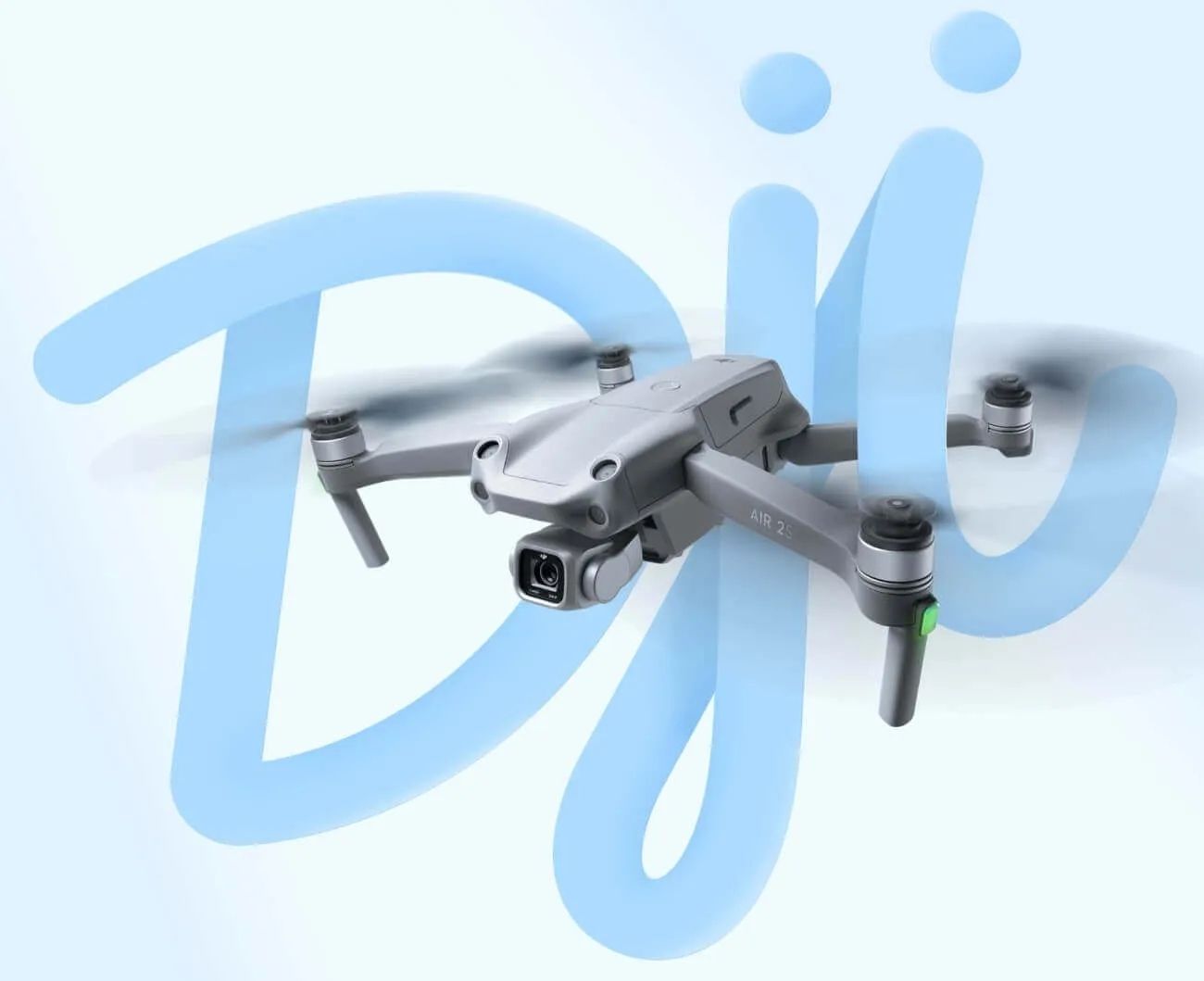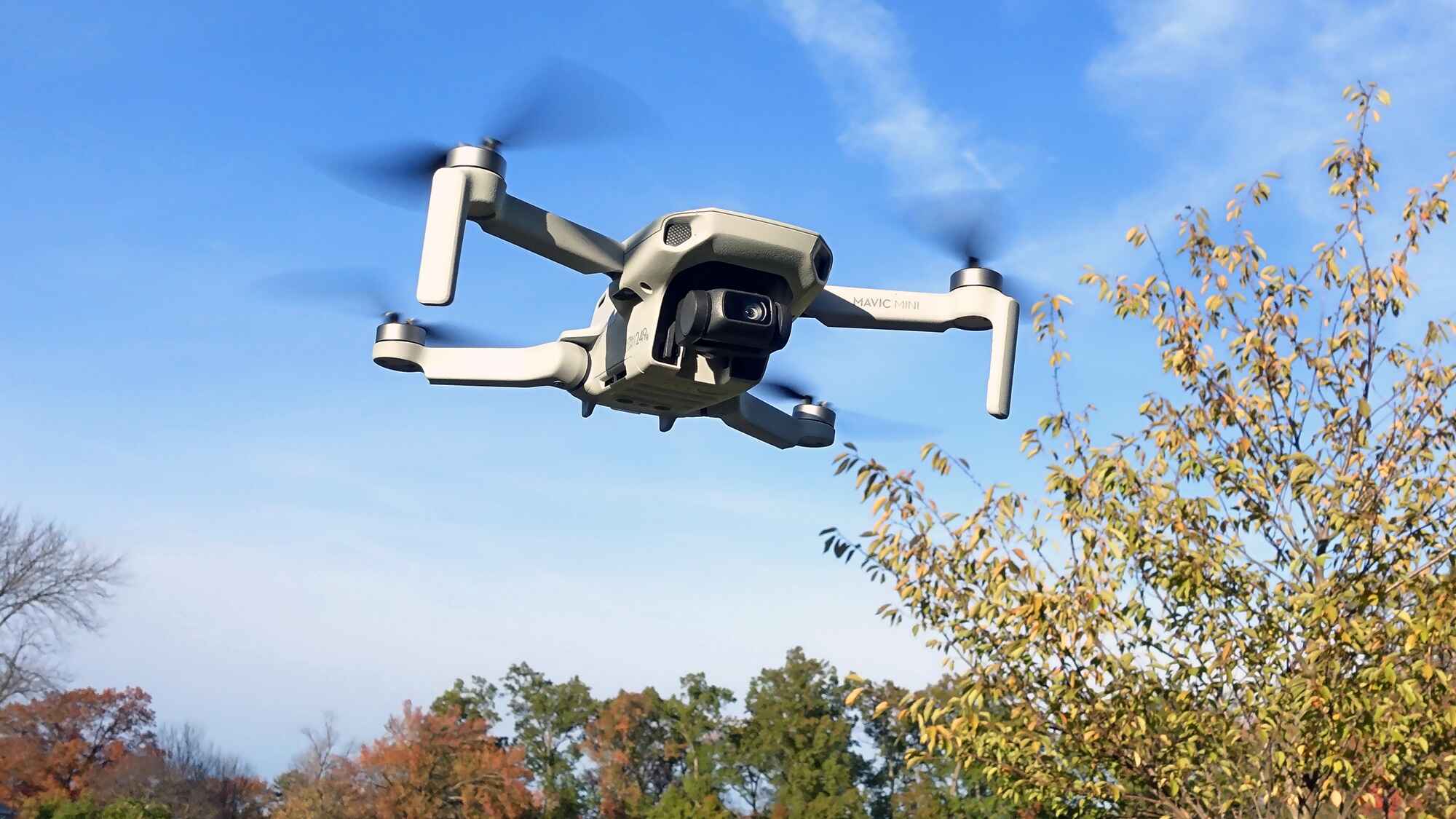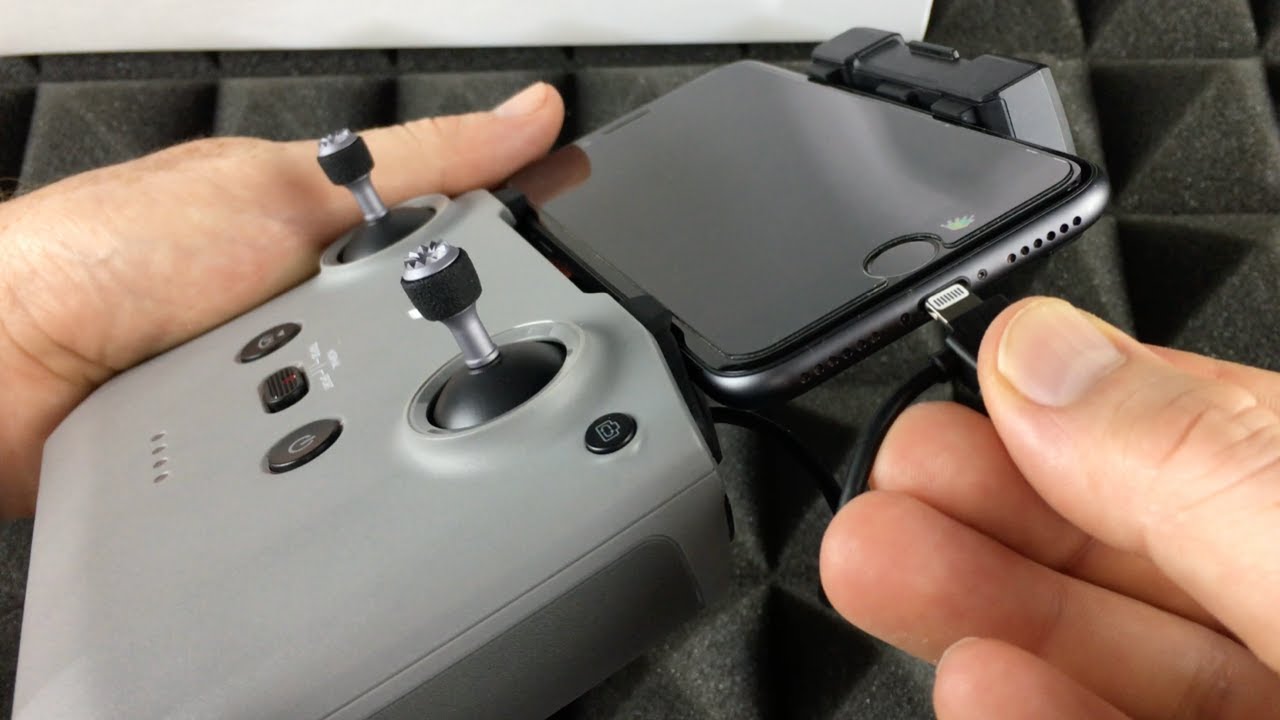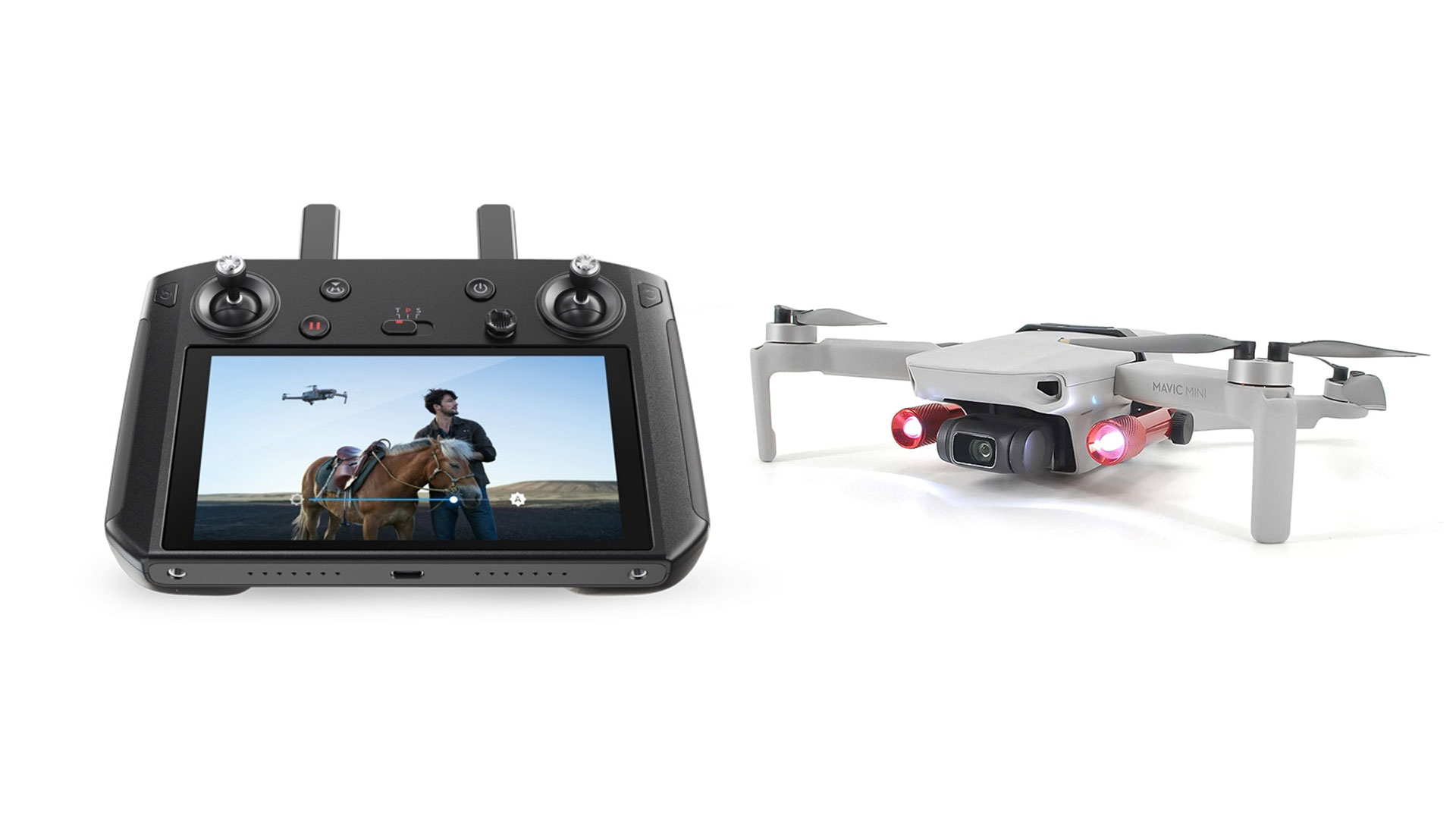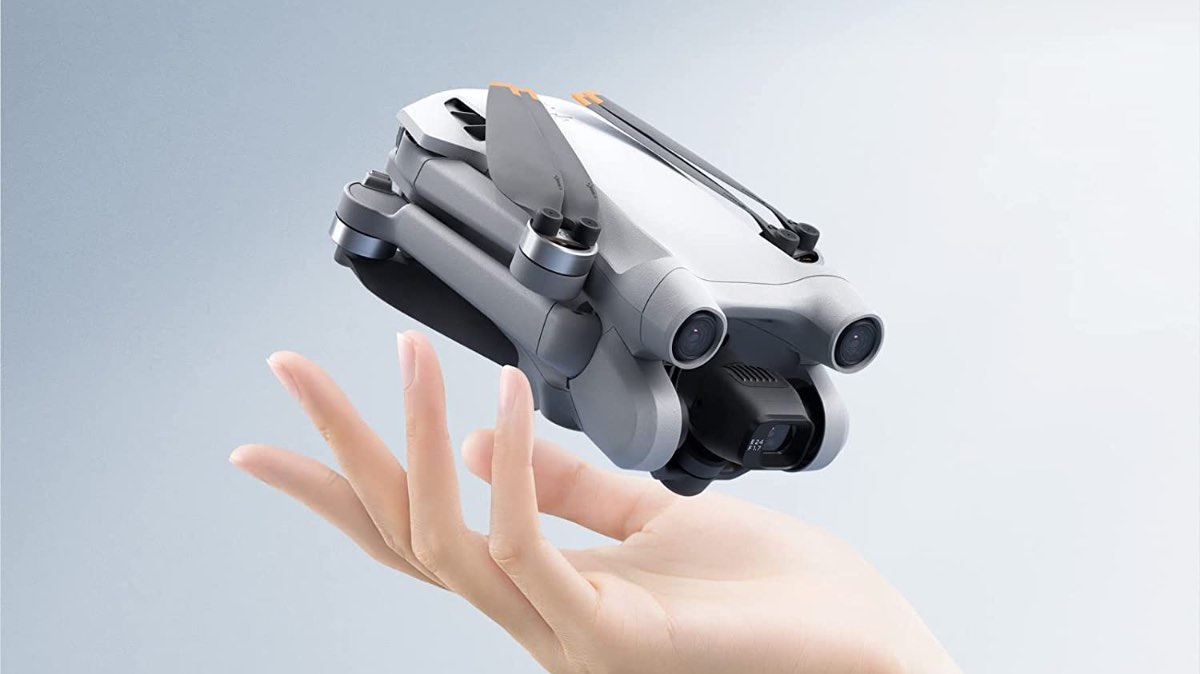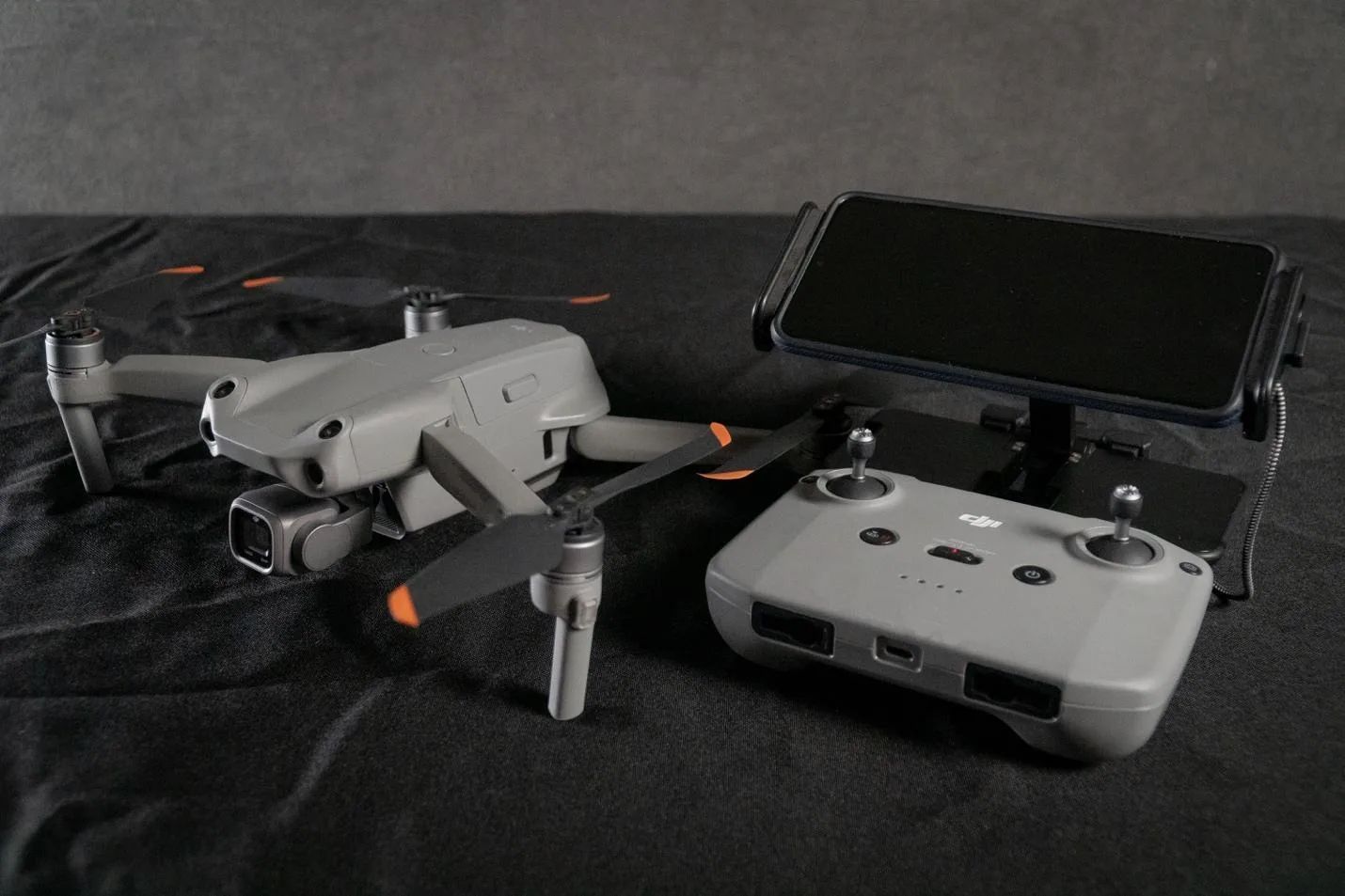Introduction
DJI, short for Da-Jiang Innovations, is a renowned technology company known for its industry-leading drone products. From aerial photography and videography to commercial applications like surveying and inspection, DJI has revolutionized the way we capture moments and explore the world from above. However, behind the success of this Chinese tech giant lies a complex ownership structure that has sparked curiosity and speculation among enthusiasts and industry observers alike.
Founded in 2006 by Frank Wang, DJI quickly gained traction and became a dominant force in the drone market. Today, the company holds a significant market share globally, with its drones being used by professionals and hobbyists alike.
Understanding the ownership structure of DJI is crucial to gaining insights into the company’s decision-making process and future direction. While some information is publicly available, there are still lingering questions and rumors surrounding the ownership of this tech giant. In this article, we will delve into the founding of DJI and explore the ownership structure, shedding light on the key stakeholders and recent changes that have taken place.
By examining the ownership of DJI, we can better understand the motivations and influences behind the company’s strategic decisions and innovations. So, let’s take a closer look at the journey of DJI and the key players involved in its success.
The Founding of DJI
The story of DJI begins in 2006, when a young engineer named Frank Wang founded the company in his dorm room at Hong Kong University of Science and Technology. Wang had a passion for unmanned aerial vehicles (UAVs) and a vision of making drones accessible and user-friendly for everyone.
Driven by his determination and entrepreneurial spirit, Wang started DJI with a small team of like-minded individuals. Their initial focus was on developing flight controllers for remote-controlled helicopters, which would eventually lay the foundation for the company’s innovative drone technology.
One of DJI’s breakthrough moments came in 2010 with the launch of the Phantom series, a line of affordable and easy-to-fly drones equipped with high-quality cameras. This marked a turning point for the company, as it brought professional aerial photography and videography within reach of enthusiasts and professionals.
As the demand for consumer drones grew rapidly, DJI expanded its product line and gained recognition in the industry. The company continued to innovate, introducing features like GPS stabilization and obstacle avoidance, setting new benchmarks in performance and functionality.
Over the years, DJI has established itself as a global leader in the drone market, with a strong presence not only in China but also in the United States and other countries around the world. Its commitment to innovation and dedication to creating high-quality products have been the driving forces behind its success.
Ownership Structure of DJI
The ownership structure of DJI is complex and has undergone several changes over the years. As a privately-held company, DJI does not publicly disclose detailed information about its ownership. However, based on available information, we can glean insights into the key stakeholders and their roles within the company.
From its inception, DJI has been led by its founder, Frank Wang, who remains at the helm as the CEO. As the driving force behind the company’s success, Wang has played a vital role in shaping DJI’s vision and strategy.
In addition to Wang, there are other key figures within DJI who have had ownership stakes in the company. These individuals have contributed to DJI’s growth and success through their expertise and involvement in various aspects of the business.
Over the years, DJI has also attracted investments from venture capital firms and other private investors. These investments have provided the company with the necessary resources to expand its research and development efforts, enhance manufacturing capabilities, and drive global market penetration.
While the exact ownership breakdown is not publicly disclosed, it is widely believed that Frank Wang retains a significant majority ownership stake in DJI. This large ownership position gives him considerable influence over the company’s strategic decisions and direction.
DJI’s ownership structure has allowed the company to maintain autonomy and flexibility in its operations. This freedom has enabled DJI to pursue innovative ideas, develop cutting-edge drone technology, and establish its dominance in the market.
It’s important to note that ownership structures can be subject to change, especially as companies grow and evolve. DJI, being a dynamic and rapidly expanding company, may continue to see adjustments in its ownership structure in the future.
While the specific details of DJI’s ownership remain largely undisclosed, the leadership and ownership structure within the company have undoubtedly played a significant role in its development and rise to prominence in the drone industry.
The Founders of DJI
At the heart of DJI’s success are its founders, who laid the foundation for the company’s innovative drone technology and shaped its vision for the future. While Frank Wang is commonly recognized as the face of DJI, there were other key individuals who played instrumental roles in its early days.
Frank Wang, the visionary behind DJI, founded the company in 2006 with a passion for unmanned aerial vehicles (UAVs) and a commitment to making drones accessible to the masses. As the CEO, he has led DJI to become a global leader in the drone industry, driving innovation and expanding its product offerings.
Wang’s fascination with drones began during his college years when he started experimenting with remote-controlled helicopters. His passion for this emerging technology drove him to establish DJI and pursue his dream of revolutionizing the drone industry.
Another key figure in DJI’s early days was Wang Tao, who co-founded the company alongside Frank Wang. Wang Tao played a crucial role in the development of DJI’s flight controllers and software, contributing to the company’s technological advancements and product success.
Together, Frank Wang and Wang Tao formed a dynamic team, combining their expertise in engineering and entrepreneurship to propel DJI forward. Their shared vision and commitment to innovation laid the groundwork for the company’s rapid growth and industry leadership.
As DJI expanded, the founding team was further strengthened by the contributions of other talented individuals. Notable among them is Colin Guinn, who joined DJI as the company’s first international spokesperson and played a pivotal role in expanding DJI’s presence in the United States market.
The collective expertise and shared vision of DJI’s founders have been instrumental in shaping the company’s culture of innovation and propelling it to new heights. Their dedication to pushing the boundaries of drone technology has solidified DJI’s position as a global leader in the industry.
While the founders of DJI have made significant contributions to the company’s success, it is also important to recognize the collective effort of the entire DJI team. From engineers and designers to marketing and sales professionals, the combined efforts of these individuals have fueled DJI’s growth and established it as a household name in the drone industry.
Stakeholders of DJI
As a globally recognized and influential technology company, DJI has various stakeholders who have a vested interest in its success. These stakeholders play critical roles in shaping the direction and growth of the company. Let’s take a closer look at the key stakeholders within the DJI ecosystem.
Customers: The most obvious and important stakeholder group for DJI is its customers. These include both professional users, such as photographers, filmmakers, and surveyors, as well as hobbyists who enjoy flying drones. DJI’s commitment to meeting customer needs and delivering high-quality products and services is essential to maintaining its customer base.
Employees: DJI’s workforce is a crucial stakeholder group. The dedication, expertise, and innovative ideas of its employees contribute directly to the company’s success. DJI strives to create a positive work environment that fosters creativity, collaboration, and professional development, ensuring employee satisfaction and engagement.
Suppliers: DJI relies on a network of suppliers to provide the components, materials, and services necessary for the production of its drones. Maintaining strong relationships with suppliers is vital to ensuring a reliable supply chain and the delivery of high-quality products to customers.
Investors: DJI has attracted investments from various venture capital firms and private investors throughout its journey. These investors hold a stake in the company and have a financial interest in its performance and growth. Their support and confidence in DJI’s potential have been essential in providing the necessary resources to fuel its innovation and expansion.
Regulatory Authorities: As a manufacturer and provider of drones, DJI is subject to regulations and guidelines imposed by civil aviation authorities and regulatory bodies in different countries. Maintaining positive relationships with these authorities and ensuring compliance with their requirements is essential for DJI to continue operating and expanding its market reach.
Partners and Resellers: DJI collaborates with various companies and resellers to market and distribute its products globally. These partners play a vital role in promoting DJI’s drones and expanding its customer base. Building strong partnerships and fostering mutual growth is crucial for the long-term success of both DJI and its partners.
Industry Associations and Organizations: DJI actively engages with industry associations and organizations that represent the interests of the drone industry. By participating in these groups, DJI contributes its expertise, works collaboratively with industry peers, and helps shape the policies and standards that govern the use of drones.
Communities and Society: The communities where DJI operates, as well as society at large, are stakeholders as well. DJI’s commitment to responsible and ethical business practices, environmental sustainability, and community engagement is essential in building trust and maintaining a positive reputation.
Effectively managing and nurturing relationships with all stakeholders is vital for DJI’s continued success and sustainability. By understanding and addressing the needs and expectations of these stakeholders, DJI can navigate challenges, seize opportunities, and remain at the forefront of the drone industry.
Recent Changes in DJI’s Ownership
Over the years, DJI’s ownership structure has undergone some notable changes, reflecting the company’s growth, strategic partnerships, and increasing interest in the drone industry. While specific details of DJI’s ownership remain private, there have been significant developments that have shaped the company’s trajectory.
In 2015, DJI secured a $75 million investment from Accel Partners, a prominent venture capital firm. This funding not only provided DJI with a significant financial boost but also served as an endorsement from Accel Partners, reinforcing DJI’s position as a key player in the booming drone market.
Additionally, in 2015, there were reports of another round of funding, with estimates suggesting that the investment could value DJI at around $8 billion. However, no official confirmation or details were publicly disclosed.
Further changes in DJI’s ownership structure occurred in 2018 when it was reported that Texas-based venture capital firm, Sequoia Capital, had acquired a minority stake in DJI. The investment valued DJI at a staggering $15 billion, demonstrating the increasing recognition of DJI’s market dominance and potential for future growth.
Another significant development in DJI’s ownership came in 2020 with reports suggesting that the company had raised approximately $1 billion in debt financing. This move was seen as a strategic decision to strengthen DJI’s financial position and support its research and development efforts, as well as potential expansions into new markets and industries.
While the precise ownership details resulting from these financing and investment activities remain undisclosed, the infusion of capital and strategic partnerships have undoubtedly played a role in DJI’s continued growth and market leadership.
It’s worth noting that DJI’s ownership structure is subject to change, especially as the company explores new opportunities and adapts to the evolving landscape of the drone industry. As DJI continues to expand its global footprint and diversify its product offerings, it will likely attract further interest from investors and strategic partners.
As DJI’s ownership structure evolves, its commitment to innovation, product excellence, and customer satisfaction remains steadfast. These recent changes in ownership further solidify DJI’s position as a frontrunner in the drone industry and underline its continued potential for growth and success in the future.
Rumors and Speculations on DJI’s Ownership
As one of the leading players in the drone industry, DJI has been subject to various rumors and speculations regarding its ownership. The private nature of the company’s ownership structure and the absence of official disclosures have given rise to conjectures and theories among industry insiders and enthusiasts. While it is important to approach these rumors with caution, they provide an interesting glimpse into the intrigue surrounding DJI’s ownership.
One common rumor that has circulated is the possibility of DJI going public. Since DJI has been remarkably successful in the drone market and has attracted significant investments, the idea of an initial public offering (IPO) has been a topic of discussion. However, as of now, DJI has not made any official announcements regarding going public.
Another rumor revolves around the possibility of major tech companies having a stake in DJI. Given DJI’s dominance in the drone industry, there have been speculations about partnerships or investments from tech giants such as Google, Apple, or Amazon. These rumors have been fueled by the potential synergies between DJI’s drone technology and the applications these companies may have in mind. However, there is no concrete evidence to support these claims.
Furthermore, rumors have also spread about potential investments from Chinese state-owned enterprises. Given DJI’s origin in China and its success in the global market, some have hypothesized that the Chinese government or related entities may hold a significant stake in the company. However, just like the previous rumors, no official confirmation has been made.
It is important to note that these rumors and speculations are purely based on conjecture and may be fueled by market speculation or industry gossip. Without official statements or verifiable evidence, it is difficult to ascertain the accuracy of these claims.
DJI, being a private company, has the prerogative to maintain confidentiality around its ownership structure. This privacy allows the company to focus on its core operations and pursue its long-term vision without the excessive scrutiny that public companies often face.
As DJI continues to innovate, expand, and solidify its position in the drone industry, rumors and speculations regarding its ownership are likely to persist. It is essential to approach such rumors with caution and rely on official announcements and disclosures for accurate information about DJI’s ownership.
Until DJI chooses to disclose the intricacies of its ownership structure, the speculation surrounding it will continue to add intrigue to the narrative of this influential and groundbreaking tech company.
Conclusion
DJI, with its groundbreaking drone technology and innovative products, has become a household name in the drone industry. While the company maintains a complex ownership structure, the vision and leadership of founder Frank Wang have been instrumental in its success.
From its humble beginnings in a dorm room to a global leader in drone manufacturing, DJI has had a remarkable journey. The company’s commitment to innovation, coupled with its ability to make drones accessible and user-friendly, has propelled it to the forefront of the industry.
While the specific details of DJI’s ownership remain undisclosed, key stakeholders such as customers, employees, investors, and partners have played vital roles in shaping the company’s growth and success.
Furthermore, recent changes in DJI’s ownership, including strategic investments and partnerships, have further solidified its market position and potential for future growth.
Despite ongoing rumors and speculations surrounding DJI’s ownership, it is important to rely on official announcements and disclosures to verify information.
In conclusion, DJI’s success story serves as a testament to the power of innovation, entrepreneurial spirit, and a commitment to delivering exceptional products. As the drone industry continues to evolve and expand, DJI remains at the forefront, leading the way in shaping the future of aerial technology.









